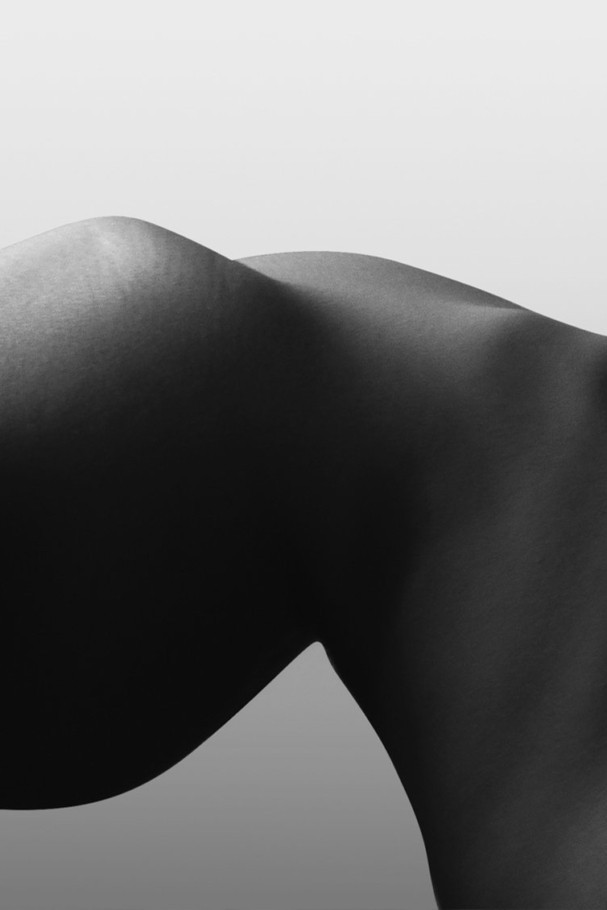
Defining a Successful Photograph.
Photographer/words: Emmanuel Mensah Agbeble
Nigerians Demand An End to The Police Squad Known for Brutalizing the Young. The government said it would bow to the demands of Nigerians protesting police abuses, but skeptical protesters vowed to keep the pressure on.
LAGOS, Nigeria — With protests breaking out across Nigeria and in expatriate Nigerian communities around the world, the country’s president vowed to a skeptical public on Monday that he would crack down on rogue police officers accused of brutalizing citizens.
President Muhammadu Buhari’s promise came a day after his government announced that it would dismantle a widely feared police unit known as SARS, for Special Anti-Robbery Squad. By Shola Lawal and Adenike Olanrewaju for The New York Times.
We sat down with NYc based Ghanain photographer and filmmaker Emmanuel Mensah Agbeble of APM magazine to share his thoughts on how he uses his photography to empower and record history. Emmanuel has spent a major part of the year covering BLM protest in NYc and now has made it a point to document Africans living in NY and their contribution to the #endsars movement.
Does it feel different being out for the #endsars protest versus BLM protest?
The #endsars protest definitely feels different because 80% of us have encountered police brutality one way or the other visiting the motherland while with BLM some haven’t encountered it all but see it on tv or by hearsay.
As a photographer what do you think your responsibility is in being on the front line for these peaceful protests?
As a photographer on the frontline my lens serves as a projection of emotions for the voiceless. Pictures are powerful codes beyond measure that can be translated by a mere sight.
Any incident where you felt unsafe at a march and how did you react to it?
It’s always unsafe to be at any protest because the unexpected can happen in a split second. I always look around and I am very observant with details and behavior of people so in case of violence I move back to a quiet place but keeping my camera up to show that I am just a photographer.
What do you want the world to see today in your photos as you cover these events?
I want the world to not just see a picture but to feel the emotions and stories of the people in it. The pain, the anger, the loss of life and the message.
What do you want the world to see 100yrs from now when they look at your work and coverage of these important social marches?
In 100yrs the world will see my pictures and hear the screams of heroes and heroines who fought a great battle without guns but with their voices for justice.
Emmanuel Mensah Agbeble
Through the lens is how I stay connected with people in terms of storytelling. When I first started photography I wanted to tell other people stories without vocals also to make people see and understand without sound.
In the past months I have been capturing most of the protests in NYC, some in DC, I felt like it was my duty as a photographer and videographer to capture this moments to tell the stories of the voiceless.Many photographers before the pandemic where spending hours at shows to capture celebrities with or without pay the same energy is needed in this time whereas photographers we are the front line messengers to carry to other parts of the world.
In this social media age I have received messages from different parts of the world about how my pictures inspired and motivated him or her in a particular way. Also calls from followers in countries that I know in my wildest dreams I never thought my works are going to reach and I also try to teach them skills that I used to enhance my photography.
Through the lens is the stories of the voiceless





